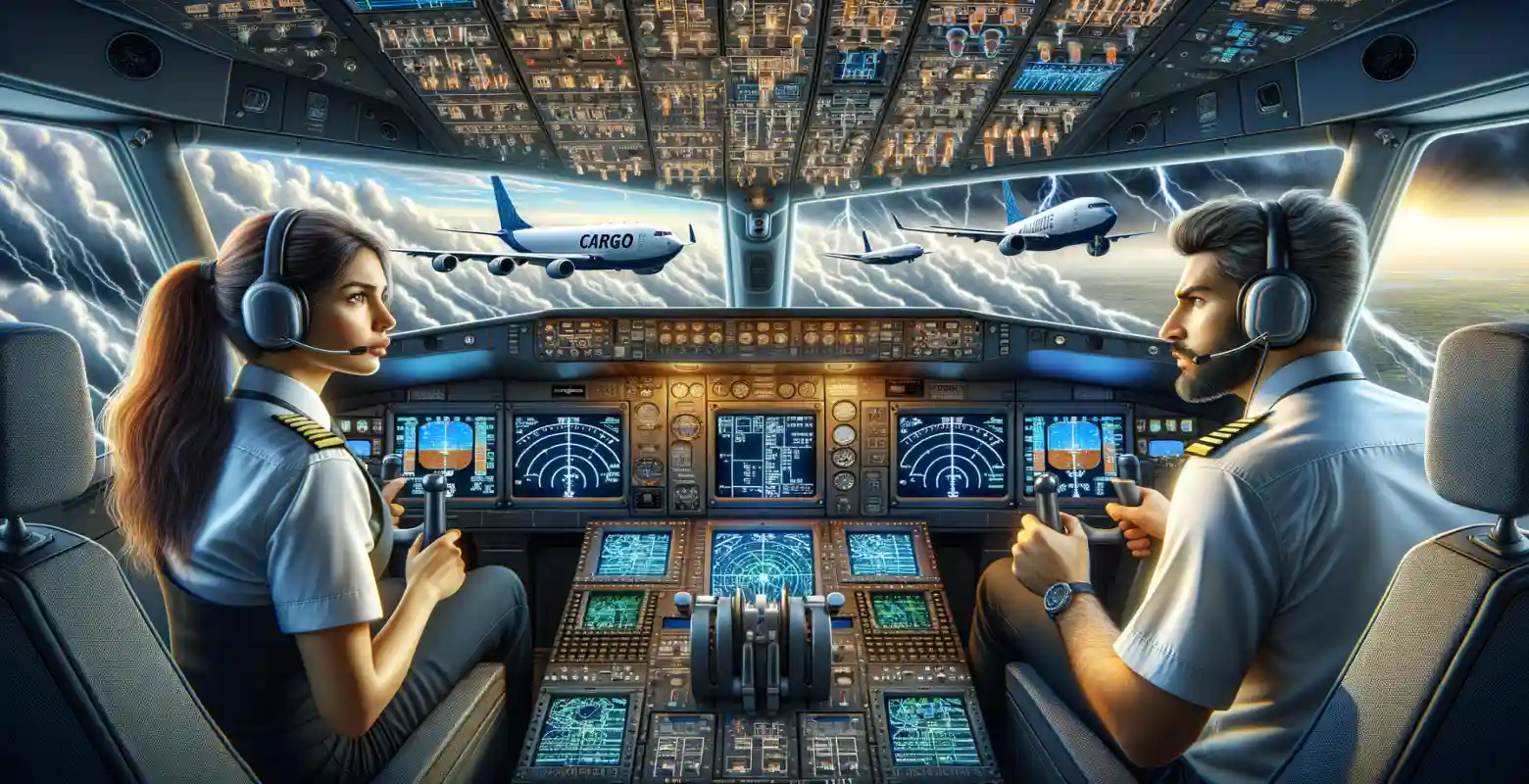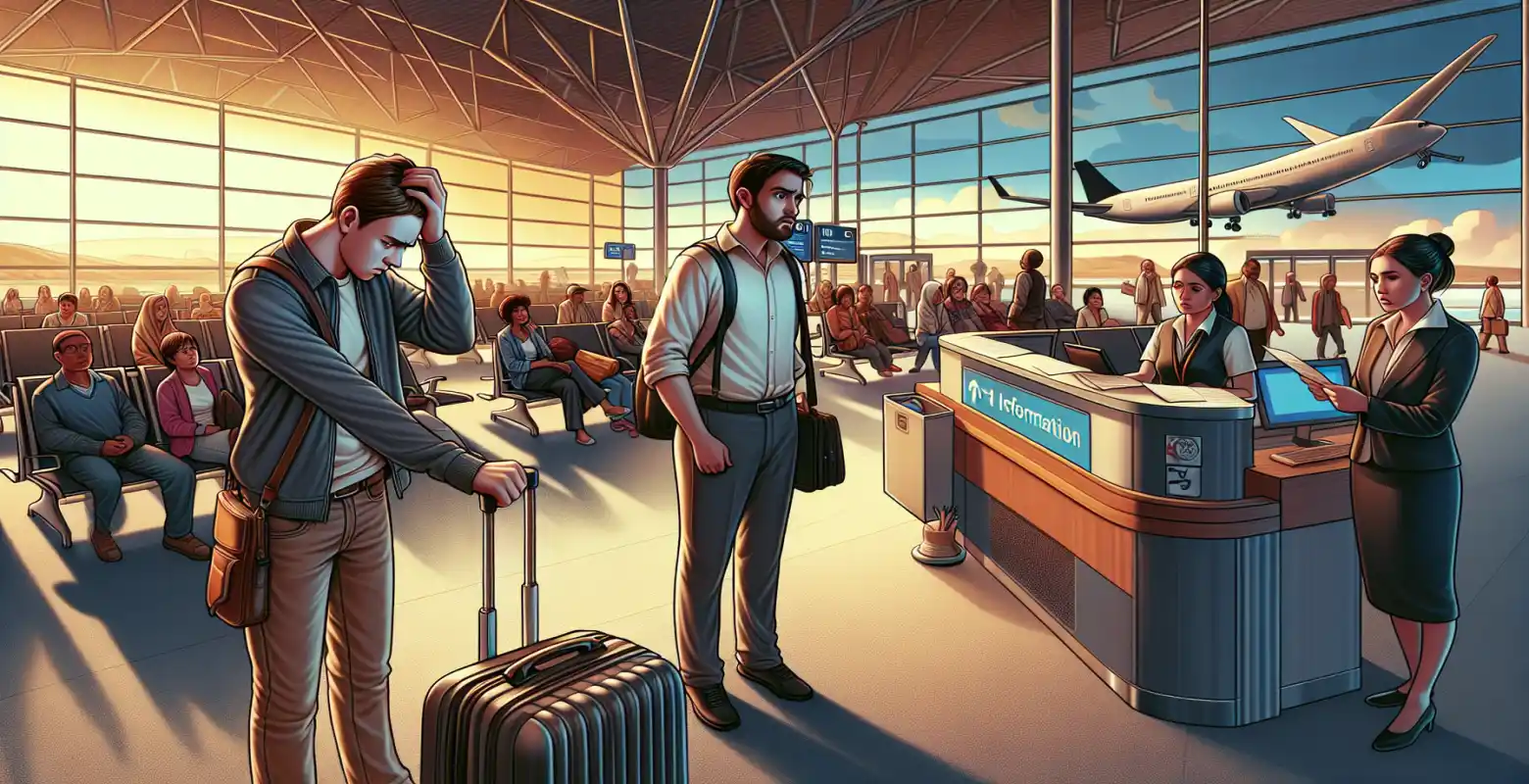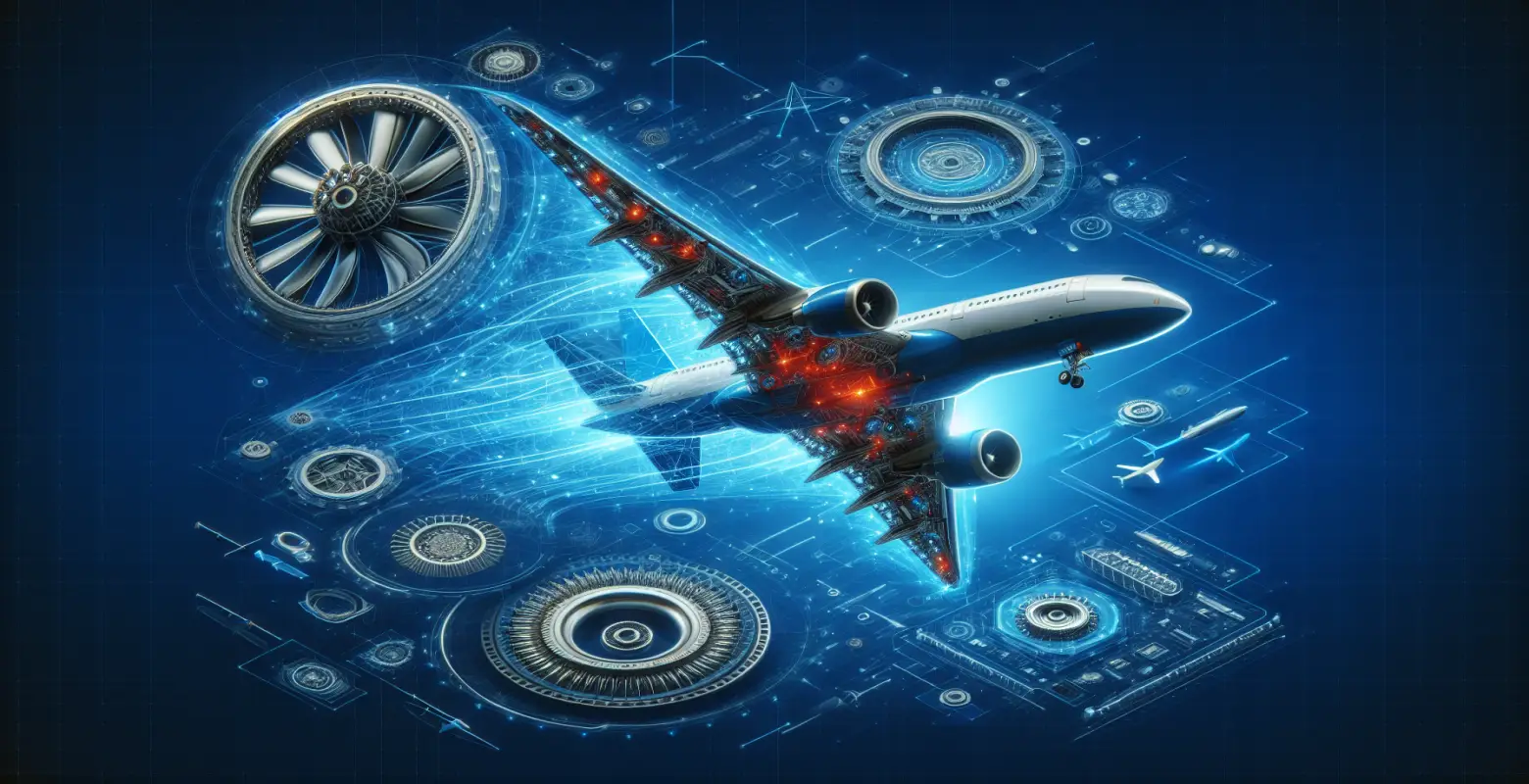What are the biggest challenges in the work of a cargo pilot?
Introduction
Working as a cargo pilot is a fascinating yet demanding occupation that constantly presents professionals with various challenges. In the era of globalization and dynamic development of air logistics, the role of cargo pilots is gaining importance. Cargo planes play a crucial role in international transportation, carrying goods over long distances in a short amount of time. In this article, we will examine the biggest challenges faced by cargo pilots and discuss why their work is so essential for the functioning of the global economy.
Safety and Responsibility
One of the most significant challenges in the work of a cargo pilot is ensuring the safety of the flight. Pilots are responsible for the safe transportation of often highly valuable cargo. Unlike passenger flights, where people are on board, cargo flights focus on protecting the transported goods. However, the responsibility for a safe flight remains a key aspect of a pilot's work.
Transporting cargo also involves specific requirements regarding security and procedures. Pilots must be well-versed in the rules regarding the arrangement and securing of goods to avoid cargo shifts that could affect the aircraft's stability during the flight.
Variable Weather Conditions
Another significant challenge is variable weather conditions. Cargo flights often take place at night or in difficult weather conditions when other flights are being canceled or delayed. Pilots must be prepared for quick reactions and decision-making in the face of sudden weather changes.
In addition, cargo flights often cover long intercontinental routes, requiring crossing different climatic zones. Pilots must be ready for flights through storms, strong winds, or icing, which not only demand excellent piloting skills but also the ability to anticipate and plan ahead.
Diversity of Transported Cargo
Cargo planes transport various types of cargo, from food and medicine to electronic equipment and industrial machinery. Each of these cargoes has specific requirements for storage and transport. Pilots must be aware of the differences and adapt their procedures to the transported goods.
For example, some cargoes may require maintaining a constant temperature, necessitating monitoring conditions during the flight. Others may be hazardous or flammable, requiring particular caution and adherence to strict safety regulations.
Changing Time Zones and Circadian Rhythm
Cargo flights often operate on international routes, where pilots must deal with crossing multiple time zones. Such work requires the ability to adapt to changing circadian rhythms, which can lead to fatigue and decreased concentration.
Pilots must manage their rest time effectively to maintain high psycho-physical efficiency. Night flights, short rest periods, and long working hours are part of the daily routine for cargo pilots, requiring excellent organization and self-discipline.
Technological Challenges and Modern Solutions
In the age of rapid technological advancement, cargo pilots must stay up to date with modern navigation and communication systems. Automation and digitization in aviation introduce new tools to support pilots but also require them to continuously improve their skills.
Modern cargo aircraft are equipped with advanced flight management systems that assist in route planning, monitoring weather conditions, and managing fuel consumption. Pilots must be able to efficiently utilize these technologies to achieve optimal operational results.
Changes in the Aviation Industry and Future Trends
The aviation industry, including the cargo transport sector, is constantly evolving, presenting pilots with new challenges. The growing demand for fast cargo transport, new environmental protection regulations, and technological innovations are just some of the factors influencing the industry's future.
The increasing focus on ecology in aviation entails the need to reduce CO2 emissions and implement more environmentally friendly solutions. Pilots will have to adapt to new regulations and technologies, such as electric aircraft or biofuels.
Summary
Working as a cargo pilot is an incredibly demanding occupation that comes with many challenges. From ensuring safety, to dealing with difficult weather conditions, to managing diverse cargoes – pilots must be thoroughly prepared for their role. Their work is crucial for the functioning of the global economy, and technological progress and changing regulations present them with new tasks.
Understanding these challenges and proper preparation are key to success in this demanding industry. For those interested in a career in cargo aviation, it is important to stay updated with the latest trends and develop the necessary skills in a rapidly changing environment.






Number of comments: 0